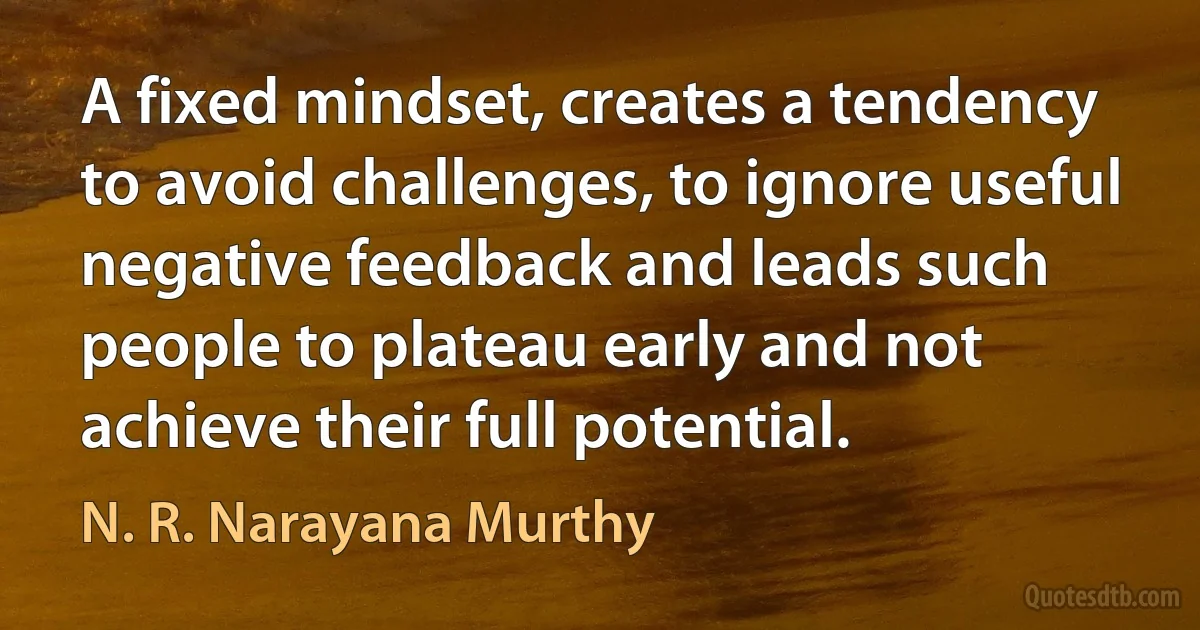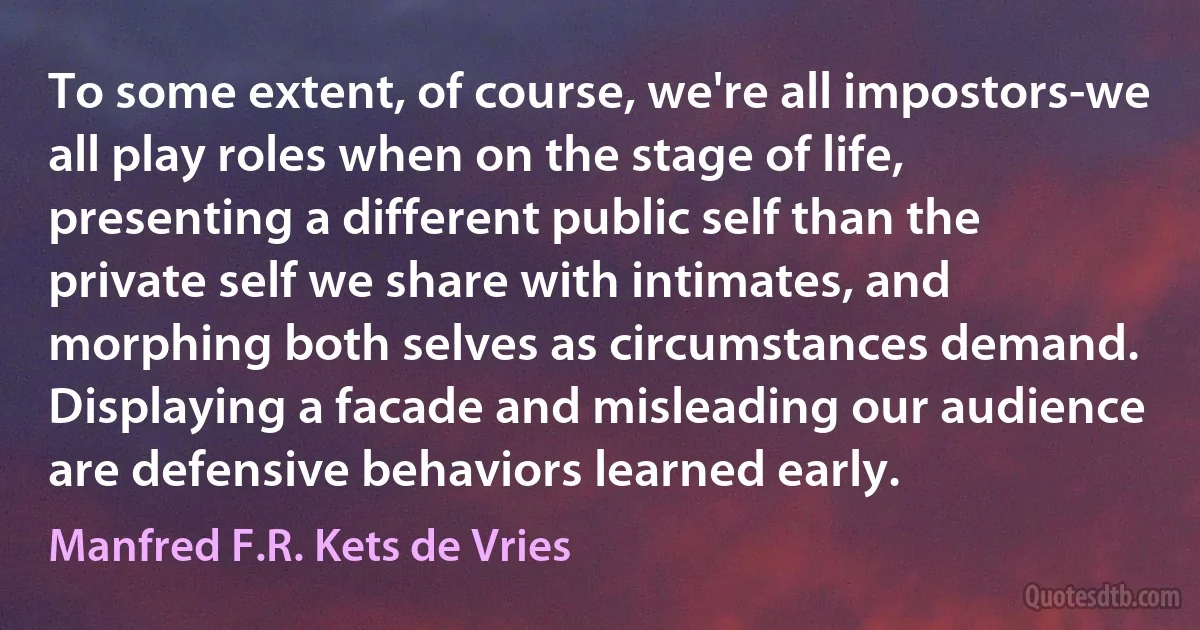Early Quotes - page 93
Pity for poverty, enthusiasm for equality and freedom, recognition of social injustice and a desire to remove it, is not socialism. Condemnation of wealth and respect for poverty, such as we find in Christianity and other religions, is not socialism. The communism of early times, as it was before the existence of private property, and as it has at all times and among all peoples been the elusive dream of some enthusiasts, is not socialism. The forcible equalization advocated by the followers of Baboeuf, the so-called equalitarians, is not socialism. In all these appearances there is lacking the real foundation of capitalist society with its class antagonisms. Modern socialism is the child of capitalist society and its class antagonisms.

Wilhelm Liebknecht
Is democracy in crisis? This question is being posed with increasing urgency by some of the leading statesmen of the West, by columnists and scholars, and- if public opinion polls are to be trusted- even by the publics. In some respects, the mood of today is reminiscent of that of the early twenties, when the views of Oswald Spengler regarding "The Decline of the West" were highly popular. This pessimism is echoed, with obvious Schadenfreude, by various communist observers, who speak with growing confidence of "the general crisis of capitalism" and who see in it the confirmation of their own theories.

Michel Crozier
Although I could read before I went to school, and I won the school reading prize at five years old, my early children's stories came from the radio and watching films at a cinema on Saturday mornings in Australia. It wasn't until I was nine years old on a ship returning from Australia that I was introduced to children's books.

Michelle Magorian
She was by some standards slovenly, failing to see any virtue in made beds, since, as she put it, you are either asleep or somewhere else. On her birthdays she was sad. This tradition traced to earliest childhood, when she had consistently misinterpreted her birthday parties to mean that she was dying. Why else would the world be going to such exorbitant lengths to cheer her up?
Science was her first love. Long after the preschool years, she aspired to know the why of everything. Why babies had a Babinski reflex, and why the reflex disappeared. Why people licked their upper lips when concentrating, and why there was humor. Tez wanted to understand light. She wanted to solve mud, decipher rocks, and unlock grass.

James K. Morrow
Maithripala Sirisena: I must say very clearly there is no allegations regarding 'war crimes', there were war crime allegations during the early stages. But at the UN Human Rights Council in Geneva, mainly in the proposals presented in September, there were no war crime allegations against us. They contained allegations of Human Rights violations only. When you consider the facts surrounding the allegations of human rights violations, we're committed as a member of the UN to implementing the main points and proposals. But within that commitment, we will always act in accordance with the sovereignty of our country and in accordance with our constitution. For this work, we can obtain foreign technology in certain areas. In terms of people we definitely do not need outsiders. We have an unbiased independent judiciary in this country. We have a Criminal Investigation Department and other institutions that can carry out unbiased investigations in this regard.

Maithripala Sirisena
I would write, edit, rewrite and re-edit the text. However, I still felt that I was miles away from the ideal version of the story born and still alive in me. I ran towards it with all my might and when I thought I had finally captured it, it would slip away from me and disappear. It looked more like an everlasting vision of an oasis in the mind of the thirsty pilgrim wandering in the desert. Finally, I realised I would never be able to record it in a way that makes myself completely happy with it. I had felt this earlier, but did not want to acknowledge the feeling, I did not want to feel defeated. Now I know - unless the writer suffers, goes through difficulties and finally, feels beaten, like me; if he writes the way he himself wants to write, if he wins over the story, he is dead and finished, as a writer... So, in a nutshell, the writer faces the possibility to die after finishing each of his/her works. However, it is better not to use that possibility until the end...

Miho Mosulishvili
When we had these African bombings of those embassies, we had an intelligence service in there that helped us. We had law enforcement agencies that helped us. We had access. In Libya, you have a government that does not control most of Libya, or a good portion of Libya. And consequently, the ambassador, the State Department, ourselves -- were pushing to get in there at the earliest possible moment. And that ended up being a couple of weeks down the road. But that does not mean that we have not very thoroughly investigated that and are continuing to investigate it. And I do believe the persons responsible will be brought to justice.

Robert Mueller
To have been chosen when you're in your thirties to play someone who's 120, and then to find when you were in your early fifties you were going to play the same character at your then-age, that is, in your early fifties, in fact I don't think I've come out of the trauma. But the interesting think about that it's an absolutely unique challenge for an actor; I can't think of anyone who's been asked to do that, or indeed been given the opportunity, and I'll always be grateful for that.

Ian McDiarmid
A central thesis of this book is that the connection between thought and practice is most intimately and fully realized only when our minds are addressed to our own affairs-the concerns of humanity. When we direct our thoughts to nature, even if to see ourselves as fixtures of nature, we loosen the connection between thought and practice. When we loosen it, we are tempted to assume the posture I earlier called naturalism. We survey both the human and the nonhuman worlds from a supposedly godlike distance. We treat the achievement of such distance as the realization of our longing for transcendence.

Roberto Mangabeira Unger
Until the end of the fascist era and of the war [World War 2. ], I continued to hark back to the sober realism [in his human figure sculptures, then] of the artists of the Etruscan funerary figures, or the sculptors of some Roman portraits, especially the earlier ones. My own way of reacting against the imperialist pathos of official Fascist art continued, until 1944, to consist in identifying my art very consciously with my private life, so that I never allowed myself any form of expression that might seem too blatantly public.

Marino Marini
The earlier political thinkers used the term "organization" in the broadest sense of the term, that is, with reference to the widest aspects of the patterns of political forces in a given state. Thus a political society might be organized as a monarchy, aristocracy, or democracy, as a city-state, feudal state, a national state, imperial state, or a world state. Emphasis was also placed on the organs of organization. These came to be standardized in the course of time under the categories of legislative, executive, and judicial organs, the combination of which in some form of balance was held to be the indispensable basis of sound organization.

Charles Edward Merriam
There are Republicans, friends of mine, that I talk to that are very concerned about what's going on. It is not easy for a Republican to take on a president of their own party in the first thirty days. Don't assume their silence today means they will be forever silent.
They haven't moved to the place where I think is sufficient. But you are seeing some early signs here. I don't want to predict that we're all going to be kumbaya, Republicans and Democrats fighting the Trump administration on a daily basis but I think this is a very uncomfortable moment for a lot of Republicans.

Chris Murphy



